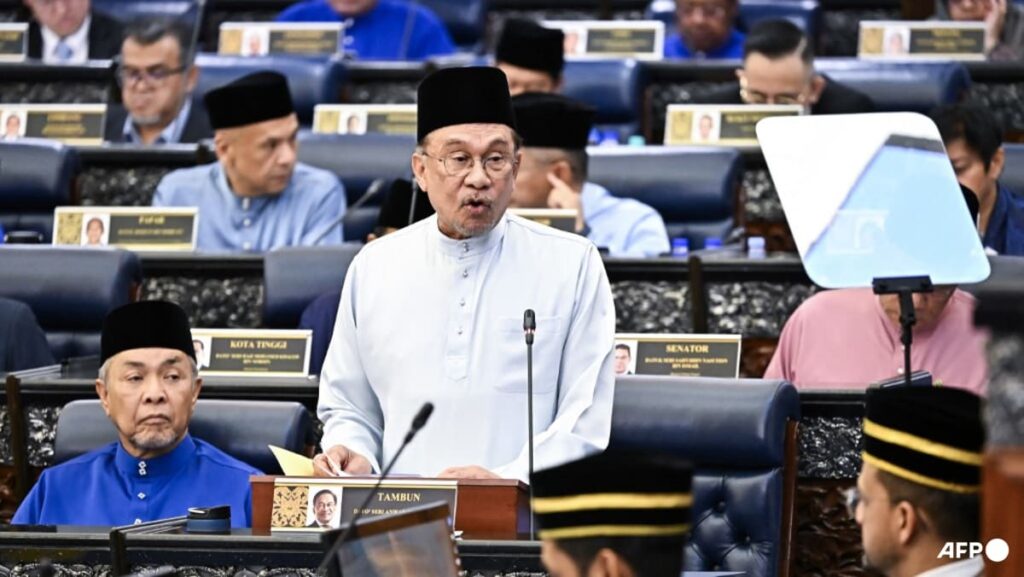In advancing subsidy reform under a new “excluding foreigners” narrative, Budget 2026 unwittingly entrenches subsidies as “a right and privilege for Malaysians”. Such language closes space for subsidy rationalisation and reform.
And a rationalisation of tax incentives requiring high-growth, high-value employment outcomes from foreign investors appears to have been delayed, suggesting these too are proving sticky.
PUTRAJAYA’S GRIP ON BUDGETING
Budget 2026 will be remembered not for big spending initiatives but for the absence of boldness. The combination of federal government dominance of total revenue collection in Malaysia and its inability to increase and diversify revenue is on full display in its modest and increasingly localised budget measures.
The Madani economy framework – which aims to empower and rejuvenate Malaysia’s economy within 10 years – pursues worthwhile initiatives to promote inclusion by uplifting villages, rural communities, remote schools and needy households. But delivery from Putrajaya illustrates how centralised and top-down Malaysian policy is.
Nothing in Budget 2026 suggests fiscal decentralisation is on the cards, with grants and transfers to subnational governments continuing at just 2.8 per cent to 2.9 per cent of federal operating expenditure. This must change if Malaysia is serious about supporting inclusive development tailored to local needs.
Returning to future-proofing, the Budget could have done more to invest in future industries, social inclusion and climate readiness.
Development expenditure is projected to fall from 4.4 per cent to 3.8 per cent of GDP by 2026. This is hard to square with the need to upgrade public services, strengthen digital infrastructure and prepare for a green transition. Spending on education and health development appears set to fall too, while climate adaptation expenditure remains a flood-focused budget footnote.
To its credit, the government is pursuing several initiatives that target both immediate and future productivity and inclusion gains – both new and reannounced in the budget. These include tax deductions for training in AI and cybersecurity, finance for semiconductor and digital industry partnerships, tax relief for childcare, youth entrepreneurship schemes, and capital and guarantees for business start-ups.
Budget 2026 was the first under the 13th Malaysia Plan – an outline of government development policies over a five-year period – which was tabled in Parliament in July. It could have been used to signal funding for long-term reforms. Yet, it didn’t.
Malaysia’s challenges are significant and complex, and no single budget can provide all the answers. But in an increasingly uncertain external environment, facing significant political and fiscal constraints and competing demands, the result is a small-target approach.
This budget provides more of the same in a world experiencing unprecedented change. Future budgets cannot afford to avoid bolder choices.
Dr Stewart Nixon is the Deputy Director, Research at IDEAS (The Institute for Democracy and Economic Affairs) Malaysia.
https://www.channelnewsasia.com/commentary/malaysia-budget-2026-anwar-ibrahim-uncertain-global-economy-5398486


